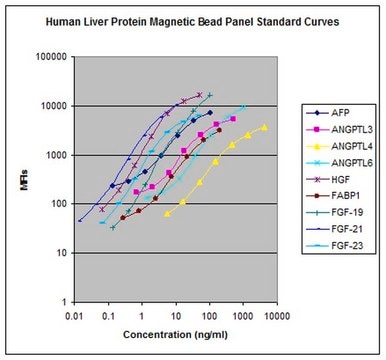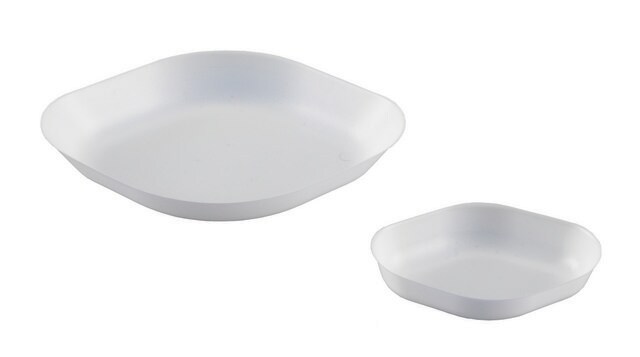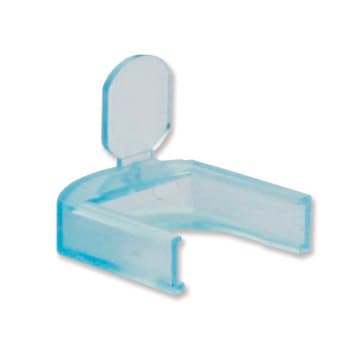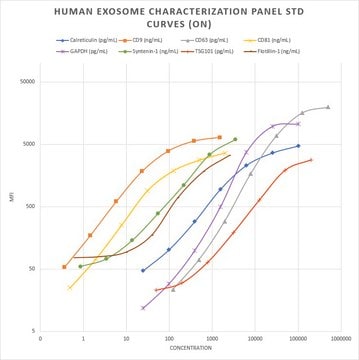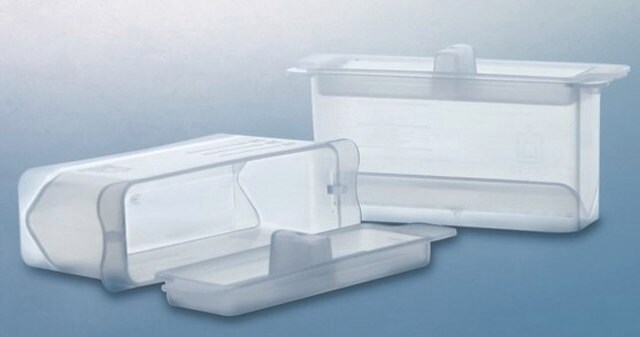HLINJMAG-75K
MILLIPLEX® Human Liver Injury Magnetic Bead Panel - Toxicity Multiplex Assay
About This Item
Productos recomendados
description
The analytes available for this multiplex kit are: Liver-type arginase 1 (ARG1), α-glutathianone S-transferase (GSTα), malate dehydrogenase 1 (MDH1), sorbitol dehydrogenase (SDH), and 5′-Nucleotidase (5′-NT/CD73).
Quality Level
100
200
species reactivity
human
manufacturer/tradename
Milliplex®
assay range
accuracy: 106-123%
standard curve range: 14-10,000 pg/mL
(GSTα)
standard curve range: 41-30,000 pg/mL
(5′-NT/CD73)
standard curve range: 549-400,000 pg/mL
(SDH)
standard curve range: 69-50,000 pg/mL
(ARG1)
standard curve range: 69-50,000 pg/mL
(MDH1)
technique(s)
multiplexing: suitable
detection method
fluorometric (Luminex xMAP)
shipped in
ambient
General description
The MILLIPLEX® Human Liver Injury Panel contains all the components necessary to simultaneous quantify the following 5 analytes in serum and plasma samples:
• Liver-Type Arginase 1 (ARG1)*
• Malate dehydrogenase 1 (MDH1)*
• α-glutathione S-transferase (GSTα)*
• Sorbitol Dehydrogenase (SDH)*
• 5′-Nucleotidase/CD73 (5′-NT)
*ARG1, GSTα, and SDH are biomarkers listed in the Predictive Safety Testing Consortium (PSTC) project pipeline which have a strong translational role in drug safety testing.
The MILLIPLEX® portfolio offers the broadest selection of analytes across a wide range of disease states and species. Once the analytes of interest have been identified, you can rely on the quality that we build into each kit to produce results you can trust. In addition to the assay characteristics listed in the protocol, other performance criteria evaluated during the validation process include: cross-reactivity, dilution linearity, kit stability, and sample behavior (e.g. detectability and stability).
Panel Type: Toxicity
Specificity
There was no or negligible cross-reactivity between the antibodies for an analyte and any of the other analytes within a panel.
Application
- Analytes: ARG1, GSTα, SDH 5′-NT/CD73, Malate dehydrogenase 1 (MDH1)
- Recommended Sample type: serum, plasma, and tissue culture supernatants
- Recommended Sample dilution: 1:5 serum or plasma samples. Tissue culture supernatants may require dilution as well.
- Assay Run Time: One day or Overnight
- Research Category: Toxicity
Features and Benefits
Packaging
Storage and Stability
Other Notes
Legal Information
Disclaimer
signalword
Danger
Hazard Classifications
Acute Tox. 3 Dermal - Acute Tox. 4 Inhalation - Acute Tox. 4 Oral - Aquatic Chronic 2 - Skin Sens. 1
Storage Class
6.1C - Combustible acute toxic Cat.3 / toxic compounds or compounds which causing chronic effects
wgk_germany
WGK 3
Certificados de análisis (COA)
Busque Certificados de análisis (COA) introduciendo el número de lote del producto. Los números de lote se encuentran en la etiqueta del producto después de las palabras «Lot» o «Batch»
¿Ya tiene este producto?
Encuentre la documentación para los productos que ha comprado recientemente en la Biblioteca de documentos.
Contenido relacionado
Multiplex toxicity assays enable researchers to simultaneously measure multiple toxicity biomarkers of various organs to gain a better understanding of toxicity. Explore how MILLIPLEX® multiplex toxicity assays are advancing research on liver injury, kidney toxicity, genotoxicity, and more.
Multiplex toxicity assays enable researchers to simultaneously measure multiple toxicity biomarkers of various organs to gain a better understanding of toxicity. Explore how MILLIPLEX® multiplex toxicity assays are advancing research on liver injury, kidney toxicity, genotoxicity, and more.
Multiplex toxicity assays enable researchers to simultaneously measure multiple toxicity biomarkers of various organs to gain a better understanding of toxicity. Explore how MILLIPLEX® multiplex toxicity assays are advancing research on liver injury, kidney toxicity, genotoxicity, and more.
Multiplex toxicity assays enable researchers to simultaneously measure multiple toxicity biomarkers of various organs to gain a better understanding of toxicity. Explore how MILLIPLEX® multiplex toxicity assays are advancing research on liver injury, kidney toxicity, genotoxicity, and more.
Nuestro equipo de científicos tiene experiencia en todas las áreas de investigación: Ciencias de la vida, Ciencia de los materiales, Síntesis química, Cromatografía, Analítica y muchas otras.
Póngase en contacto con el Servicio técnico